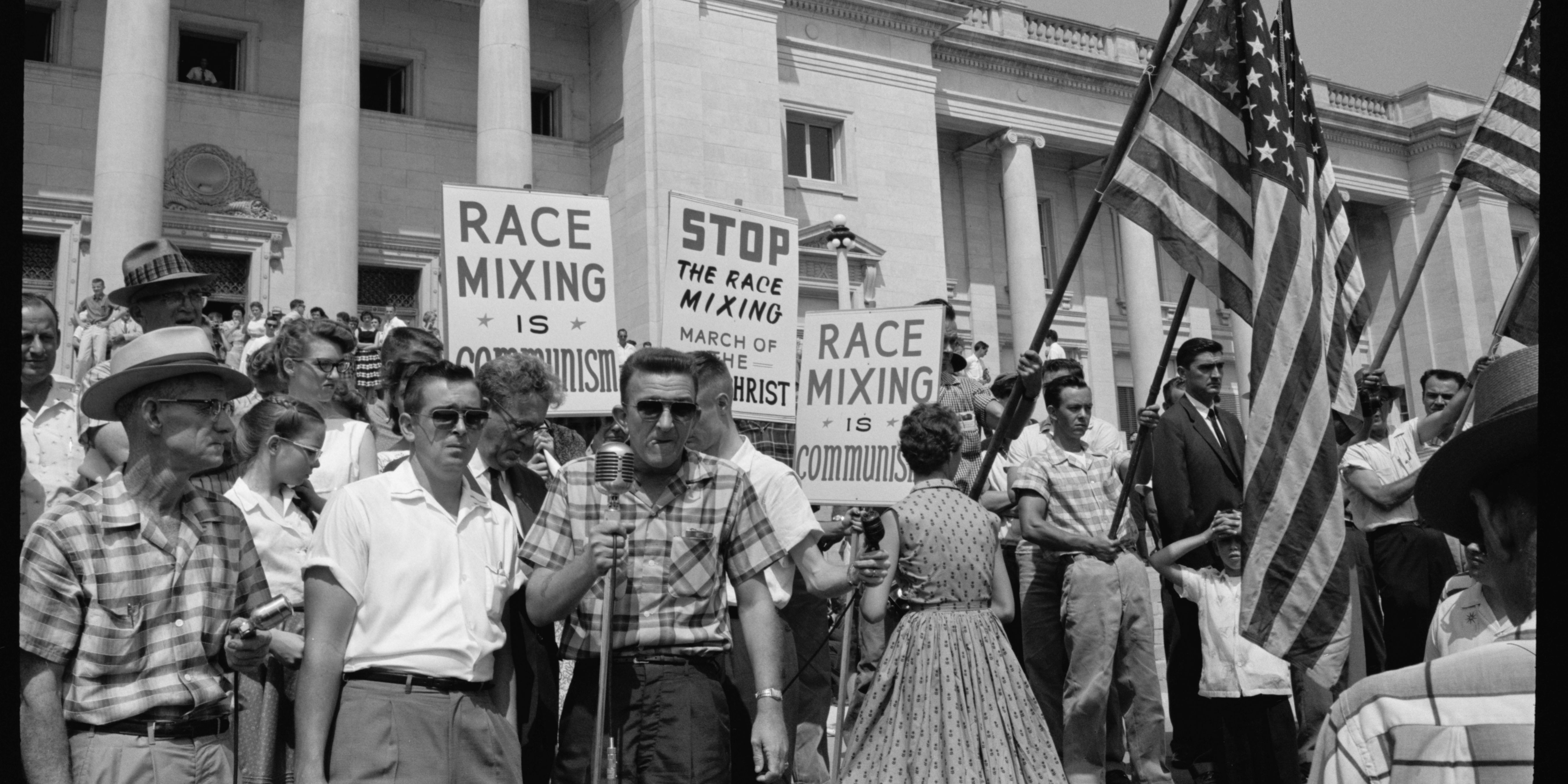Ideas of white supremacy and anti-blackness flood the veins of our country like a venom. These sentiments are the soil that our country was founded upon, the soil that attempted to swallow my ancestors like a systematic quicksand, the soil that attempts to swallow me and so many other black people to this day.
One of the greatest minds to ever shed light upon the oppression that black people were/are forced to endure was James Baldwin. Baldwin was an essayist and civil rights figurehead who published essays, such as “Notes of a Native Son” and “The Fire Next Time,” about the experiences of black people in 20th century American society.
At an advance press screening of director Raoul Peck’s documentary, “I Am Not Your Negro,” I thought deeply about the broken record of oppression that has a hold over black life in America. Baldwin’s analyses on race remain relevant. With systemic racism and prejudice still running rampant, the fight for the liberation of black people in America is far from over.
The film is about the black experience in America and is based on Baldwin’s unfinished manuscript titled “Remember This House.” In the Oscar-nominated movie, actor Samuel L. Jackson acts as the voice to carry Baldwin’s words, depicting the activism and assassinations of Malcolm X, Dr. Martin Luther King, Jr., and Medgar Evers. But “I Am Not Your Negro” is about more than these civil rights leaders and their legacies: It is about the fight for black liberation in America.
During the film, the parallels between the modern fight for black liberation and the civil rights movement are illustrated. Footage of marches and protests from the mid-20th century are shown alongside modern riots and protests, such as the unrest in Ferguson, Missouri, following the killing of Michael Brown in 2014. The color photography of Gordon Parks, vividly portraying segregation, are provided in contrast to black-and-white photos of #BlackLivesMatter protests. Images of black people being lynched are shown, as well as the photos of young children who died at the unforgiving hands of police brutality. The similarities are not shocking. As a black person in America, I am accustomed to oppression, I am aware of the likeness between my grandmother’s experiences and my own and I have become numb to the mention of black death as a defense mechanism.
The fact that black people are oppressed remains true. Martin Luther King, Jr. and Malcolm X did not solve or end racism. Racism is alive and it finds its solace in every nook, cranny and street of America. The way racism exists in America has merely been redefined. Modern racism is hidden in the systemic oppression of black people; it manifests in the brutality of police officers who are “doing their jobs.” The signs that read “colored” and “whites only” may have been removed, but the differences in quality of life and opportunity between black people and white people remain. Oppression has found a new hosts: gentrification, #AllLivesMatter, the “alt-right” and white oblivion. The script has only been reworded. At the very beginning of “I Am Not Your Negro,” Baldwin is asked by a white interviewer, “Why aren’t the Negroes optimistic?” The parallels between questions such as these and the ever-present whining of white liberals who believe that racism is over, the white liberals who ask black people, “why can’t you be happy?” are apparent.
Even seemingly modern tactics of erasing the black experience are not so modern. The claims of being “colorblind” (a favorite by the faux allies) were relevant in Baldwin’s day. In the film, there is a scene from when Baldwin was interviewed on “The Dick Cavett Show.” In response to a man who claims not to see race (sounds familiar?), Baldwin explains heatedly, “I don’t know what most white people in this country feel, but I can only include what they feel from the state of their institutions… This is the evidence. Now, you want me to make an act of faith, risking myself, my wife, my woman, my children, on some idealism of which you assure me exists in America, which I have never seen.”
Though those who claim not to see race may believe themselves to be some post-race equality expert, they are simply oppressors who act like allies. This post-racial lens only serves to erase the struggles and experiences of black people because we do not live in a post-racial society. The phrase “I do not see race” is synonymous with “I do not see your struggle. I do not acknowledge it in favor of pretending that race does not exist.” Race exists as a social construct implemented to oppress those of darker skin and different origin. White people cannot pretend to ignore a construct that they institutionalized. They cannot ignore a construct that they profit from, a construct that houses the privilege that they benefit from.
The swastikas and the Confederate flags that white people proudly don in “I Am Not Your Negro” are not sad relics of the past. They are still flown and spray-painted across America. With the election of a fascist and his neo-Nazi posse, there is a new wave of white supremacy on the horizon. A wave of white supremacy that will have control over our government and will be able to strengthen our systemic and direct oppression. Racism is not over. James Baldwin knew it, modern black people know it, and it is likely that those after us will know it.
We will keep fighting. We are not your negroes.
Jahleelah, 17, is a teen-activist and artist. They are a queer, black youth with plans to move to New York City to thrive as an artist, activist and educator.




